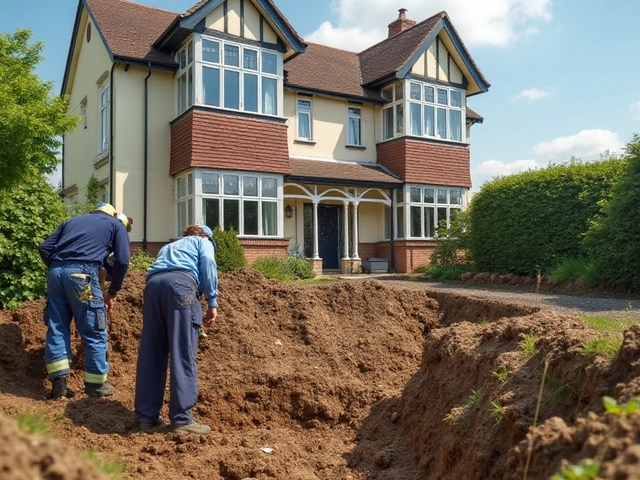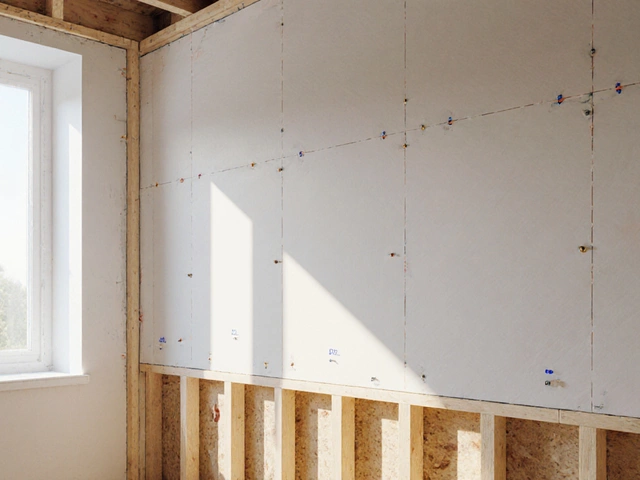Building Projects Made Simple: What You Need to Know
Starting a building project can feel like stepping into a maze. You’ve got budgets, deadlines, and a million decisions about materials, foundations, and finishes. The good news? You don’t have to figure it all out on your own. Below are the core things you should keep in mind whether you’re erecting a new home, adding a room, or fixing a foundation.
Pick the Right Materials Early
Materials are the backbone of any project. If you’re in the UK, limestone from local quarries like Lime Hillock is a solid choice for foundations and walls. It’s strong, looks great, and cuts transport costs. For roofs, cheap yet durable options include metal sheeting or composite shingles – both weather well and last long.
When you choose flooring, think about traffic and moisture. Porcelain tiles are tough for high‑traffic areas, while engineered wood works well in living spaces where you want a warm feel. Don’t forget insulation – blown‑in cellulose or rigid foam can keep energy bills low.
Mind the Foundation and Site Prep
The foundation is the part you can’t afford to skip. Look for signs of unstable soil: wet patches, cracks in nearby structures, or a dip after heavy rain. If you spot any, bring in a structural engineer early. They’ll tell you whether a simple slab will do or if you need deeper footings.
DIY foundation fixes, like sealing hairline cracks or improving drainage, work only when the movement is minimal. Anything more than a few millimeters of shift usually means a pro should step in. Trying to patch a serious crack yourself can lead to bigger problems down the line and cost more in the long run.
Once the ground is ready, lay out the building footprint using the 345 rule – a quick way to check right angles and level lines. This simple method saves you from costly re‑work later.
Wrapping up, a successful building project starts with solid material choices and a well‑prepared site. Keep an eye on the foundation, use locally sourced stone when possible, and don’t hesitate to call a professional when the work gets beyond a simple repair. With these basics covered, you’ll move from planning to building with confidence.
Understanding the Differences: Commercial vs. Non-Commercial Construction
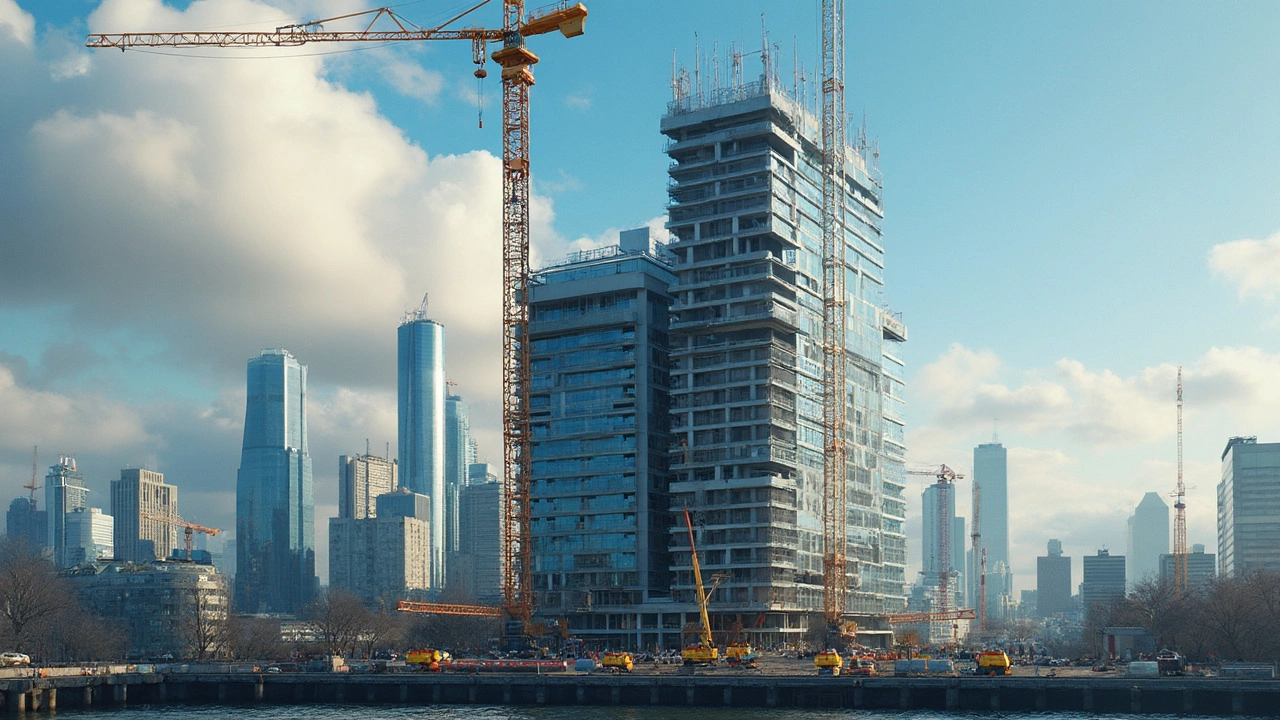
Commercial and non-commercial construction projects might seem similar at first glance, but they cater to different needs and have distinct characteristics. Commercial construction usually focuses on projects like office buildings, malls, or hotels, aiming for profit. Non-commercial projects are often public works or residential homes prioritizing community benefits. Knowing the unique aspects of each helps stakeholders make informed decisions.
read moreDistinguishing Civil and Commercial Construction: An In-depth Guide
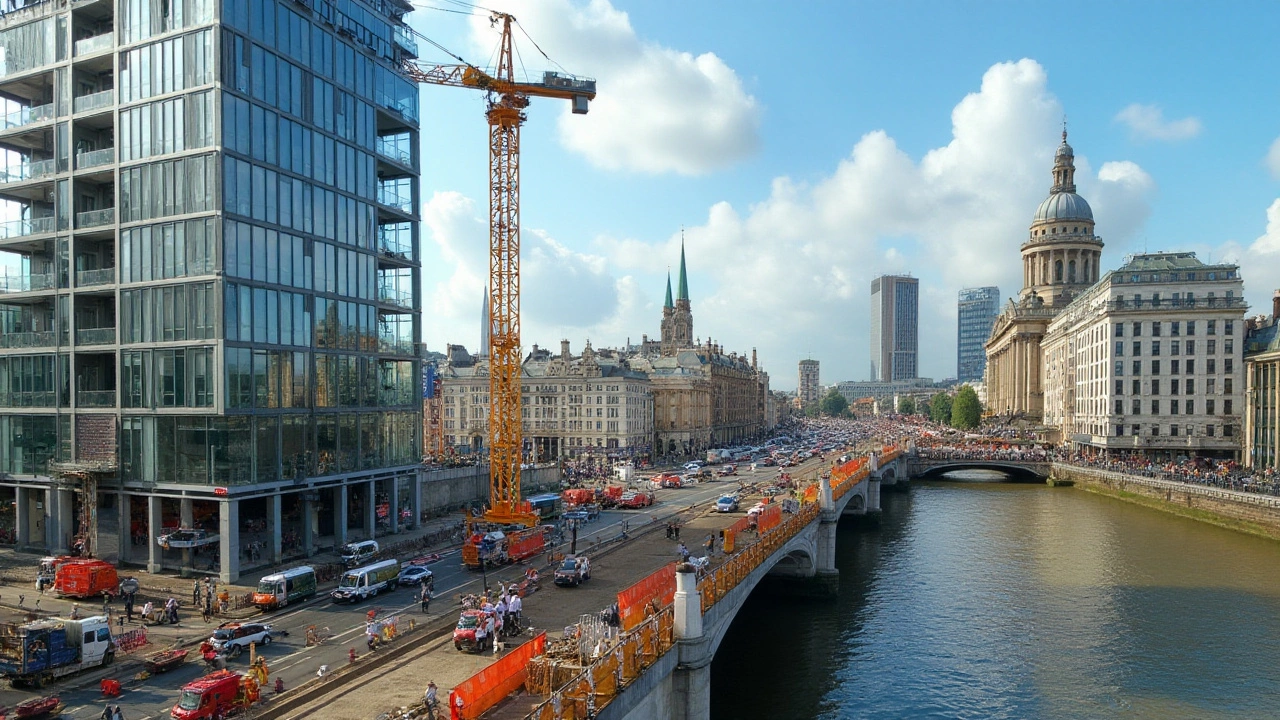
Civil and commercial construction differ in purpose, scale, and materials. Civil projects focus on public infrastructure like roads and bridges, while commercial work targets business developments. Understanding these differences helps in selecting the right team for construction needs and impacts budgeting and project timelines. With insights into these two sectors, individuals and businesses can make informed decisions.
read moreUnderstanding the Key Differences Between Civil and Commercial Construction
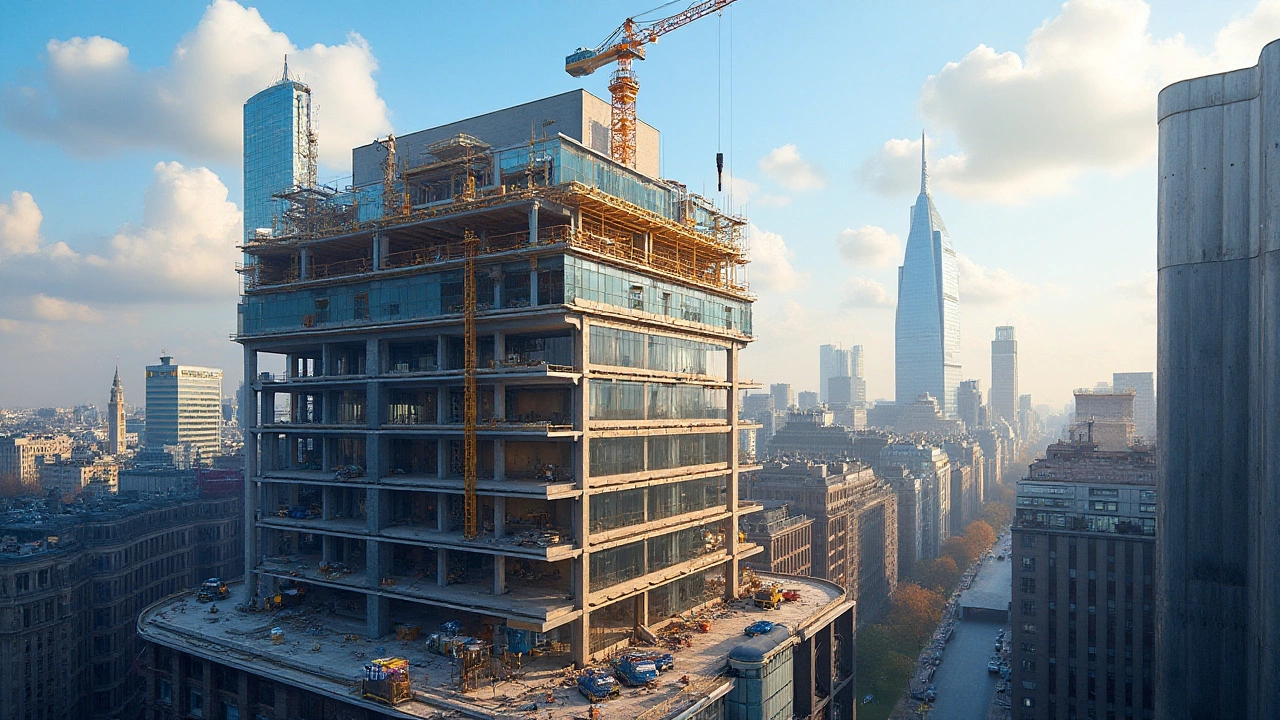
This article delves into the distinctive aspects of civil and commercial construction, shedding light on their unique purposes and characteristics. Civil construction typically involves infrastructure and public works, focusing on roads, bridges, and water systems, while commercial construction centers on buildings meant for business purposes like offices, shops, and restaurants. Key differences also include regulatory processes and project scale. Understanding these variations can aid in selecting the right type for specific needs.
read more